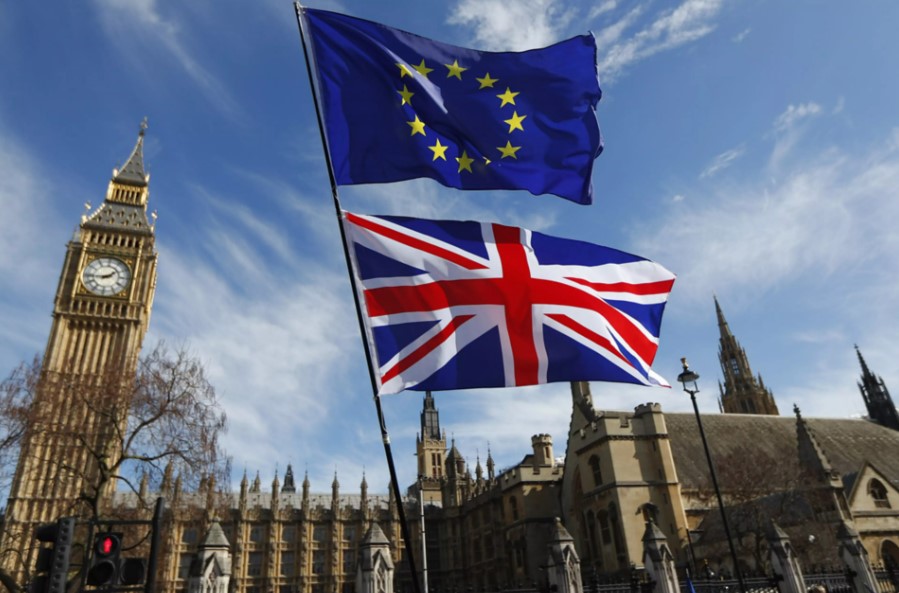The British government is facing flak from the opposition and Conservative MPs over their plans to scrap EU-era laws copied over to UK law after Brexit. Unless specifically kept or replaced, much of the legislation will automatically expire after December.
It has raised worries that significant laws would unintentionally expire. Labour party claims that delaying the end-of-year deadline until 2026 will guarantee the preservation of job rights. Additionally, several Conservative backbenchers, including former Brexit secretary David Davis, support a move to give MPs more control over what gets dropped.
To minimise the impact on companies when the U.K. formally left the EU in 2020, the government identified more than 2,400 pieces of EU legislation that have been incorporated into UK law to make the transition smooth.
The National Archives has unearthed another 1,400 unidentified laws. This increase in number has raised concerns about the workload on the civil service to review all those legislations. The ministers would be gaining wide-ranging powers to change or get rid of EU laws, prompting criticism that important changes in a wide range of areas could be made without proper scrutiny.
The deadline is not applicable to EU legislation governing financial services since such laws have been specifically excluded from another measure moving through the Commons. The same is anticipated for EU regulations that impact customs and VAT.
Although the UK government has not yet released a breakdown, some EU legislation applies to areas in Wales, Scotland, and Northern Ireland that are overseen by ministers. Both the Welsh and Scottish governments, which are led by the SNP, have expressed reservations about the plan and asked their respective legislatures to hold off on passing it.
Some Brexiteers are pressuring Prime Minister Rishi Sunak not to modify the end-of-year timetable after he made the promise to examine or repeal EU regulations within 100 days of assuming office during his failed leadership campaign in the summer.
On Wednesday, the House of Commons will conduct the bill’s final phases. Then it will go before the House of Lords, where it is anticipated to encounter strong opposition.























